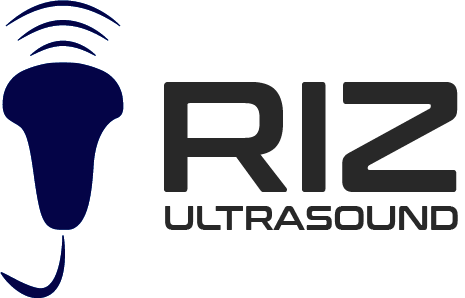Kidney stones are a common condition that affects millions of people worldwide. These hard-formed stones within the kidneys can cause severe pain, discomfort, and potential complications if you do not get treatment at the right time. In medical imaging, kidney Ultrasound can help to view the size and shape of your kidneys and if there is a condition affecting them.
In this article, we will learn about the importance of kidney ultrasound in determining the size and shape of stones formed inside them, and it also helps to evaluate their performance.
What are Kidney Stones?
Kidney stones, also known as renal calculi, are solid masses that form in the kidneys when certain substances in the urine become highly concentrated. When they do not pass through urine, they get collected and become hard over time, as stated by experts of Kidney Ultrasound in Glasgow. These substances may include calcium, oxalate, uric acid, and others.
The size of kidney stones can vary, ranging from tiny grains to larger stones that can obstruct the urinary tract.
How Kidney Ultrasound Detects Stones?
Kidney ultrasounds Renal ultrasound is a non-invasive imaging technique that uses sound waves to create real-time images of the kidneys. This imaging test is widely utilized for diagnosing and evaluating kidney stones due to its high-accuracy rate, safety, and non-invasive procedure.
Kidney ultrasound helps to detect kidney stones and also gives a detailed view of stones, including causing factors. The ultrasound waves can get images of the stones, allowing healthcare professionals to find their location, size, and composition. A detailed view of kidney stones helps doctors to provide proper treatment to patients.
Evaluates Stones Formation
Kidney ultrasound provides valuable insights into the characteristics of kidney stones, according to NCBI. It helps distinguish between different types of stones, such as calcium-based stones, uric acid stones, or struvite stones. This knowledge is essential because it influences the choice of treatment and preventive measures.
To Determine Complications
Kidney stones can obstruct the urinary tract, leading to severe pain and potential complications such as urinary tract infections or kidney damage. With kidney ultrasound, healthcare providers can determine obstruction caused by the stones. Kidney stones can cause several health complications that can lead to serious conditions. Kidney ultrasound is a useful tool for monitoring the progression of kidney stones over time.
Healthcare professionals can monitor any changes in stone size, position, or composition. Such a detailed view of kidney stones reduces the risks of overall health complications.
Kidney Ultrasound Helps in Treatment
Kidney ultrasound also plays a crucial role in guiding treatment options for kidney stones. For instance, if a patient has a stone causing significant obstruction, ultrasound can help determine the need for immediate intervention, such as extracorporeal shock wave lithotripsy (ESWL), ureteroscopy, or percutaneous nephrolithotomy. The real-time imaging capability of ultrasound aids in the precise localization of the stones, facilitating targeted interventions.
Why Kidney Ultrasound is a Good Choice for You?
Kidney ultrasound is considered a safe imaging test as it does not involve radiation that can cause harm to your body and organs. This makes it suitable for individuals who require frequent imaging, such as pregnant women or pediatric patients. Additionally, compared to other imaging techniques such as CT scans, kidney ultrasound is generally more cost-effective, contributing to its widespread accessibility.
Final Thoughts
Kidney stones can cause severe pain and discomfort. An ultrasound of the kidneys can help to manage their conditions. Kidney ultrasound allows healthcare professionals to determine, evaluate, and treat kidney stones. Using sound waves, this non-invasive imaging technique offers many benefits in the care of patients with kidney stones which helps doctors to provide better care treatment.







